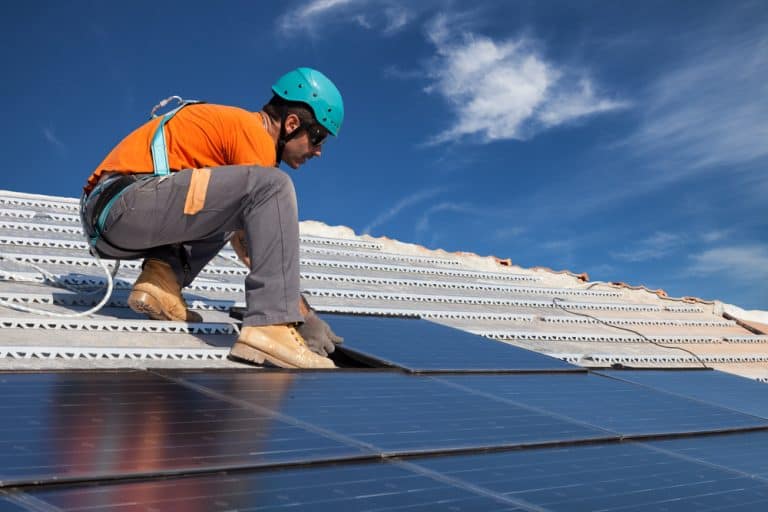Reno NV Residential Solar: Are You a Good Candidate?

Reno residents may want solar on their rooftops, but that doesn’t mean they can get the product in a viable way. After all, solar panels aren’t potato chips. To acquire a solar array, you and your home need to meet certain standards.
What Makes Reno Nevada Perfect for Solar Energy?
Not every location is a good fit for solar. Global horizontal irradiance is the total shortwave radiation that an area gets and is a determining factor in whether an area is good for solar power.
In the United States, you can get anywhere from 1 to 7 kWh of global horizontal irradiance per day per square meter. Reno’s global horizontal irradiance is 5.3 kWh/m2/Day. The high for Nevada is 5.9
kWh/m2/Day. Knowing that your location is a good spot for solar is the first qualifier. Now you need to decide if your home is a good fit and whether solar fits into your personal financing model.
Qualifying for Your Nevada Solar Installation
Before you can get a solar quote, your solar installer will need to know what your energy usage is. You will also need your roof assessed before you can make your purchase.
Usage for an Average Reno Nevada Residential Installation
Usage is the amount of electricity used. Reno’s average home in 2016 used about 11,846 kWh of electricity per year. This is about 900 kWh or 96 dollars per month. Most solar companies have a minimum system size that they install. The minimum system size will both keep the company in business and benefit the customer.
Go Solar Group has come to the conclusion that homes that use less than 6,000 kWh of energy per year won’t see as strong of a return on investment. This is equivalent to about 500 kWh per month. If you are billed by your electric company at 9 cents per watt, then your monthly bill should be about 45 dollars. If your electric bill is less than 50, dollars per month, your installation will cost you more than it will save.
Solar Installation Roof Qualifications for Reno Residents
Having a good roof with enough space and sunlight is essential. If you don’t have space and light, and there isn’t a way to create it, your home won’t be a good fit. Another factor that goes into getting a solar array is the age of your roof. The average lifespan of roofing material can range anywhere from 5 to 100 years.
Before installing a PV system, the home will need a roof inspection. Having a professional look at your roof to see if it is safe to install heavy equipment is essential. They will assess the shading of your roof and decide if you have enough space facing the right direction.
Reno Solar Financing Requirements
Because most individuals can’t afford to pay in cash, they need to either get a loan or lease a solar array. Go Solar Group has found that if you don’t have the option to pay in cash, a loan is the best route to take.
Credit Requirements for Solar Loans in Nevada
In 2015 credit.com quoted Alex Valdez, a Colorado solar CEO. Valdez stated that as of 2015, most solar loans on a scale of 300 to 850 require a credit score of 660 or higher. You should be fine if you have a score of 700 or above.
It is worth looking into if your score is between 660 and 700. If your credit is higher, you are also more likely to qualify for a lower interest rate. As with any type of loan, your debt to income ratio will be the final judge. You may have excellent credit but be denied the loan because of large purchases that aren’t paid off yet.
Reno NV Home Ownership: A Stipulation for Residential Solar
Homeownership is necessary for residential solar installs. If you do not own your home, the owner of the home needs to make the purchase. If you are renting, talk to your landlord about looking into solar. If your landlord doesn’t pay the utility bill, they may not see the benefit at first. Letting your landlord know the mutual benefits of solar will help your case.



Send a Message
Oops! We could not locate your form.